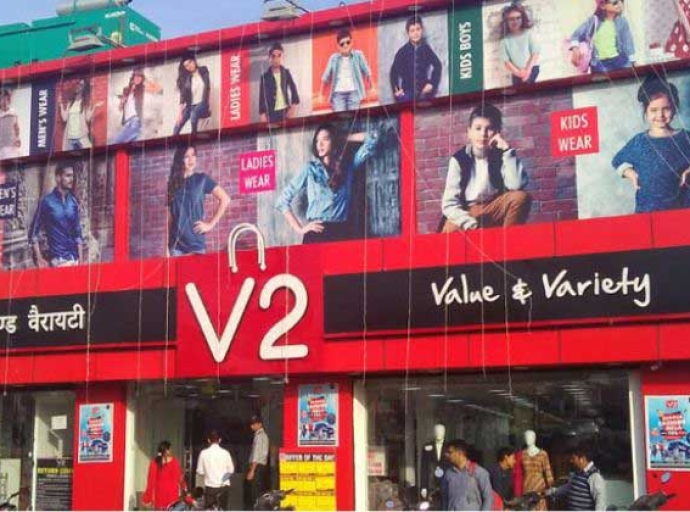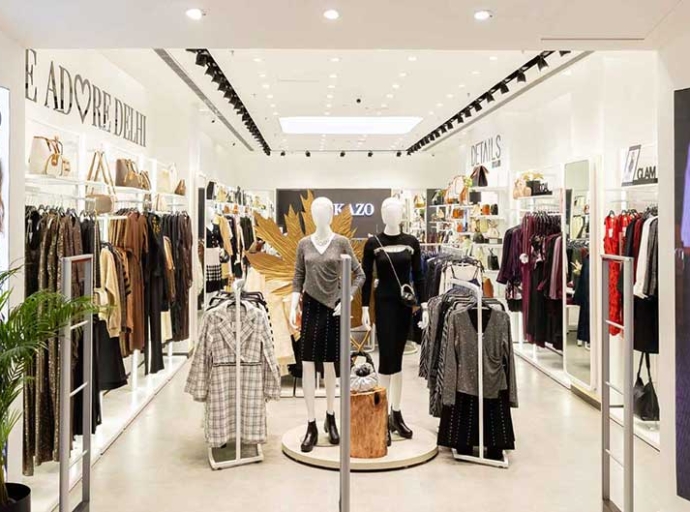COP 26: Need to re-imagine the roles of (RMG) apparel industry & policy makers
-apparel-industry_large.jpg)
25 December 2021, Mumbai:
This year, at COP 26, the world saw a commendable turn from the giants of the apparel sector. Over 50 fashion and textile companies placed official requests to governments for revamping trade policy to incentivize the use of environmentally preferred materials such as organic cotton and recycled fibers.
This request explored incentives such as tax credits and/or suspension or duty reductions of an imported component or finished, certified product. It also provides governments with a road map to remove a key barrier to adopting environmentally preferred materials: increased cost.
This is the second time after the COP-15 where the apparel sector was considered central to the climate conversation. Hence, this is surely an instance to be noted in the history book. Being the generator of USD1.5 trillion annual revenue in 2020, the sector rightly positioned itself to provide a practical solution to achieve its climate goals.
With the fact that apparel production contributes to 1.35% of global oil production, this sector’s climate footprint will never fade if it continues operating as ‘business as usual.’ Considering rising demand, global fiber production has almost doubled in the last 20 years from 58 million tons in 2000, to 109 million tons in 2020 [2].
The numbers are both stimulating and frightening with no signs of stopping. Therefore, it is imperative to take measures to lessen the environmental devastation currently being caused by the sector. In doing so, the role of governments is to provide timely support.
For instance, by incentivizing better materials to shift the sector in a more environment-friendly direction and reduce its contributions to the climate and biodiversity crises.
Equally important is the role of industry insiders to be a part of the change. They must be a part of the dialogues and provide insights as well as solutions to politicians who may never have worked in the sector.
Nowadays, consumers are seen asking businesses, policymakers, and CSOs about the apparel sector’s role in the climate crisis, and engaging activists and influencers with a set of questions like ‘Who made my clothes?’
How did the production take place? and ‘What’s in my clothes? Given this, there comes the urgent need for the leaders who recognize the impactful support the apparel sector can extend in reaching net-zero, eliminating harmful waste, and exercising responsible business practice.
TEXTILE TODAY (The news article has not been edited by DFU Publications staff)
Dear Reader, we at DFU Publications are committed to providing the latest news updates on trade development and insights, to keep our readers informed. Stay tuned. Subscribe to our newsletter.
DAILY NEWS:
Latest Publications


































